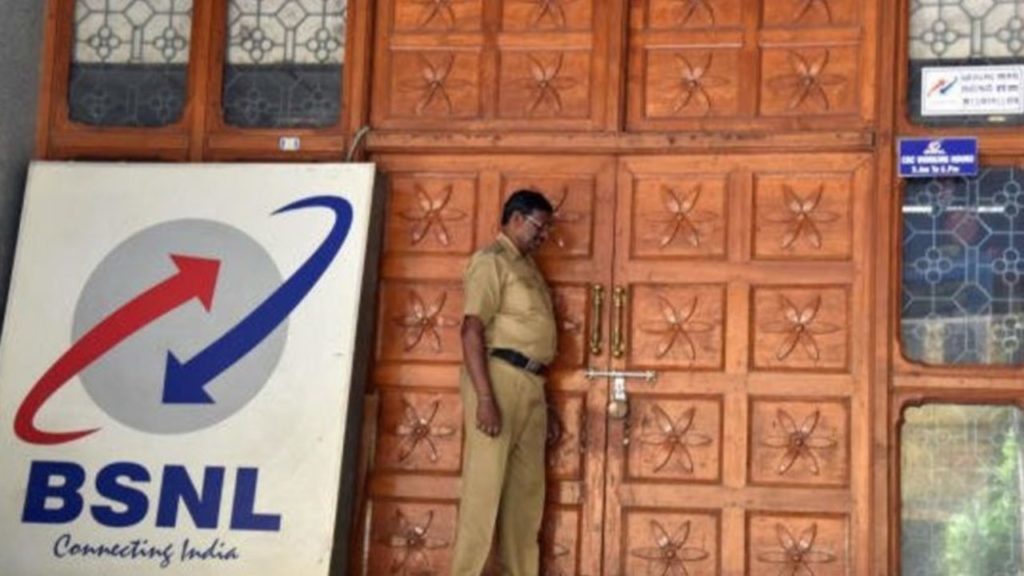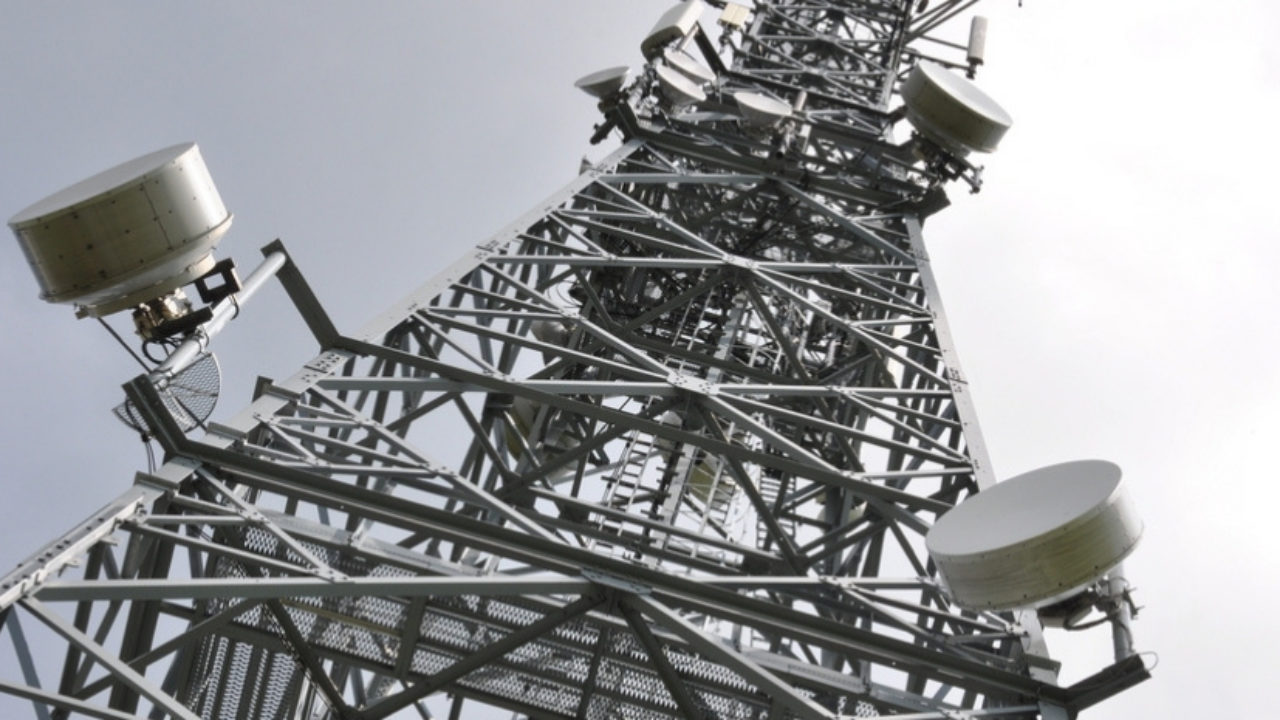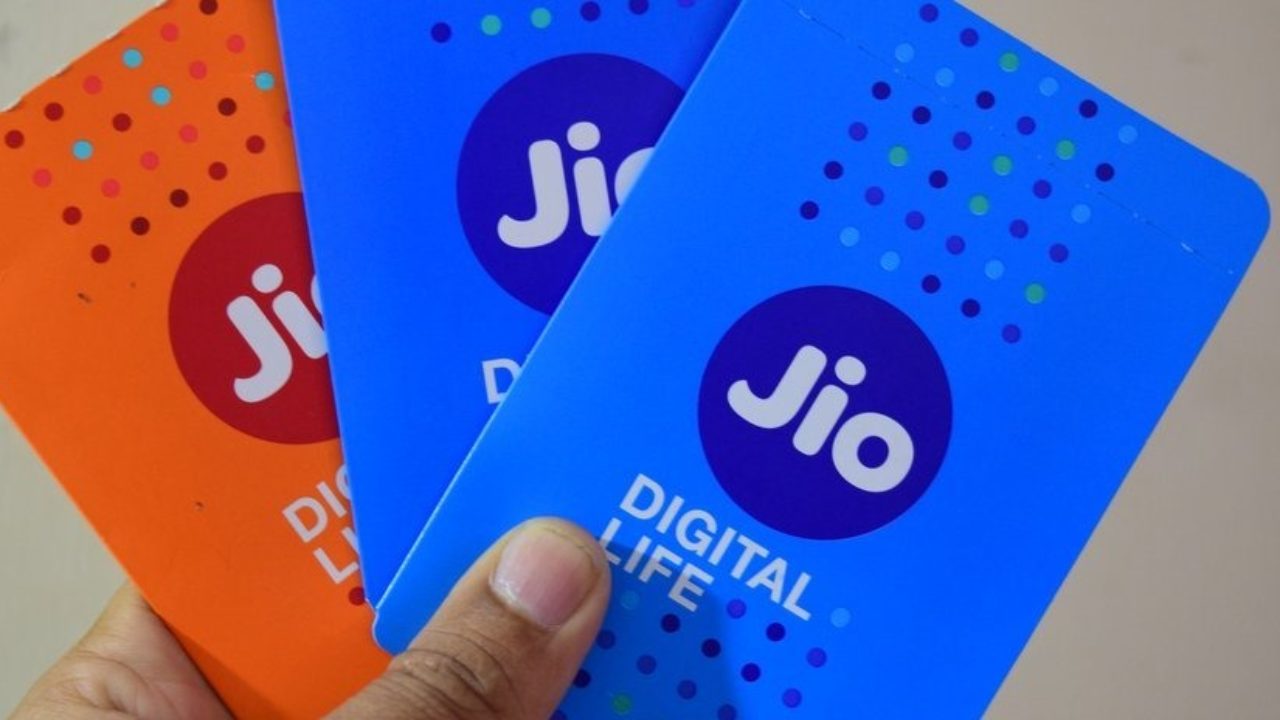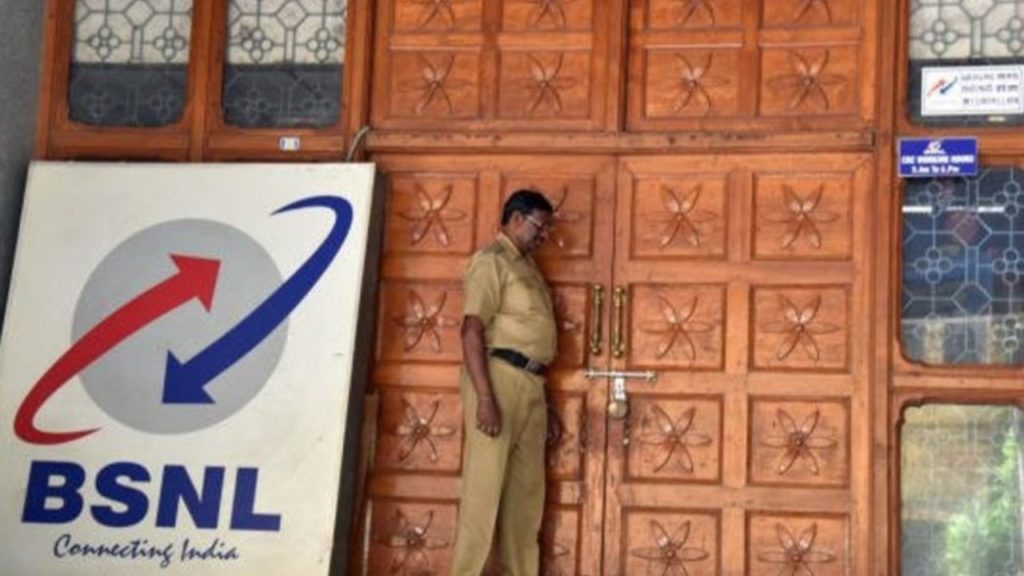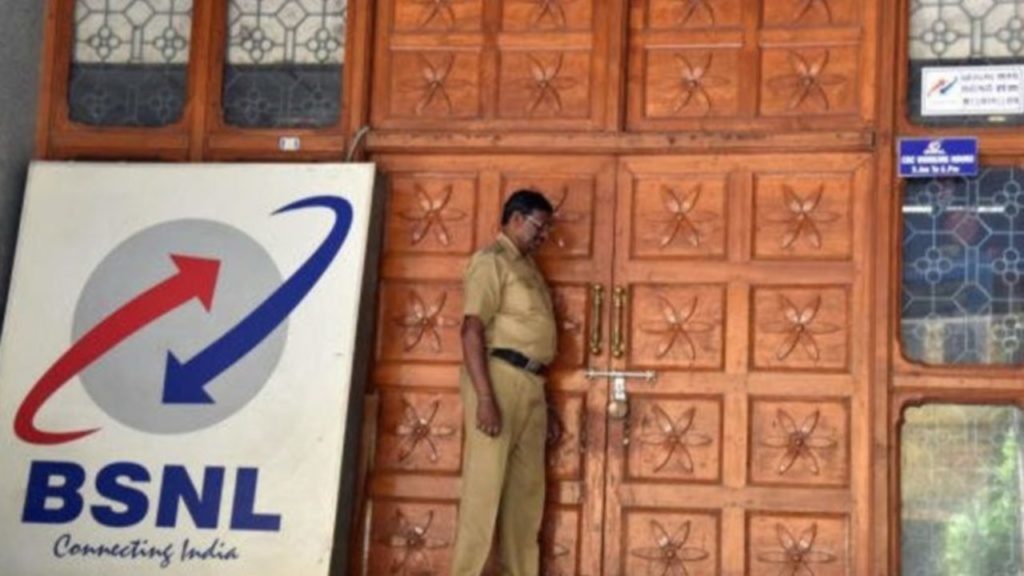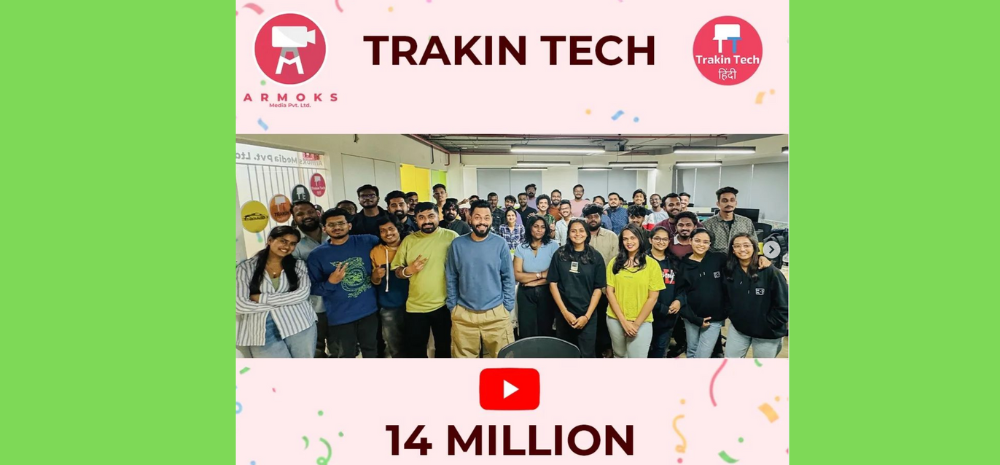This is a Guest Blog by Mr. Niranjan Nayak, MD, Delta Electronics India
Introduction:
The current telecommunications landscape is evolving rapidly, driven by advancements in technology and the increasing demand for connectivity. Two key drivers shaping the future of telecommunications are 5G and artificial intelligence (AI).

5G, or fifth-generation technology, represents a significant leap forward in telecommunications. It offers much higher data speeds, lower latency, and increased capacity compared to previous generations (4G, 3G, etc.). This technology opens up new possibilities for industries like healthcare, manufacturing, transportation, and entertainment, enabling innovative applications and services.
AI plays a crucial role in shaping the future of telecommunications by enhancing network efficiency, enabling intelligent automation, and improving the overall user experience. AI algorithms can analyze massive amounts of network data, identify patterns, and optimize network resources, leading to improved network performance, reduced downtime, and better quality of service. Intelligent automation powered by AI can streamline operations, network management, and maintenance tasks, reducing costs and enhancing efficiency.
The convergence of 5G and AI:
5G and AI are highly complementary technologies that reinforce each other’s capabilities. The high speed, low latency, and increased capacity of 5G networks provide the necessary infrastructure for AI applications, enabling real-time data processing and analytics. AI, in turn, enhances 5G networks by optimizing their performance, managing network resources, and providing intelligent services to end-users.
The combination of 5G and AI paves the way for transformative technologies like autonomous vehicles, smart cities, telemedicine, immersive virtual reality experiences, and industrial automation. It also creates opportunities for new business models, revenue streams, and collaborations across industries.
The convergence of 5G and AI in the telecommunications industry presents numerous opportunities across various domains.
Enhanced Mobile Connectivity:: 5G offers significantly higher data speeds and lower latency, enabling faster downloads, seamless streaming, and improved user experiences on mobile devices. AI can optimize network resources, predict network congestion, and intelligently allocate bandwidth, ensuring consistent and high-quality connectivity for users.
Internet of Things (IoT) Expansion: 5G’s increased capacity and ability to connect a massive number of devices simultaneously make it ideal for supporting the IoT ecosystem. AI-powered analytics and machine learning algorithms can process vast amounts of IoT-generated data, enabling real-time insights, predictive maintenance, and efficient resource management.
Industry Automation and Smart Manufacturing: 5G’s low latency and high reliability facilitate real-time communication and coordination in industrial settings. AI can automate complex tasks, optimize processes, and enable predictive maintenance, improving productivity and efficiency in manufacturing environments.
Autonomous Vehicles and Intelligent Transportation: 5G networks provide the necessary connectivity for autonomous vehicles, enabling seamless communication between vehicles, infrastructure, and other stakeholders. AI algorithms play a critical role in autonomous vehicle decision-making, object detection, route optimization, and traffic management.
Immersive Experiences: 5G’s high data rates and low latency enable immersive technologies like virtual reality (VR) and augmented reality (AR) to deliver rich and interactive experiences. AI can enhance these experiences by generating realistic virtual environments, personalizing content, and enabling intelligent interaction within virtual worlds.
Smart Cities and Infrastructure: 5G and AI enable smart city applications such as intelligent traffic management, energy optimization, public safety, and environmental monitoring. AI algorithms analyze data from various sources to optimize resource allocation, improve efficiency, and enhance the quality of urban life.
Future Prospects:
The deployment of 5G networks is still in progress worldwide. In the future, we can expect wider coverage and increased adoption of 5G technology, reaching more remote areas and providing connectivity to underserved populations. As 5G infrastructure continues to expand, more industries and sectors will leverage its capabilities, leading to further innovation and the development of new applications and services. The combination of 5G and AI will fuel the adoption of edge computing, where data processing and analysis occur closer to the source, reducing latency and enhancing real-time decision-making capabilities. AI algorithms will be deployed at the network edge, enabling distributed AI models that process data locally, improving privacy, reducing bandwidth requirements, and enabling faster response times.
AI technologies will continue to advance, leading to more sophisticated applications in the telecom industry. Deep learning, natural language processing, and computer vision will contribute to improved network optimization, intelligent automation, and personalized services. AI models will become more efficient, allowing for on-device AI processing, reducing dependence on cloud services and improving privacy.
Regulatory and Ethical Considerations:
As the adoption of AI and 5G technology increases in the telecommunications industry, it is crucial to address regulatory and ethical considerations to ensure responsible deployment and usage. Here are some key considerations:
Privacy and Data Protection: With the proliferation of connected devices and the vast amounts of data generated, preserving privacy becomes paramount. Regulations must be in place to protect individuals’ personal data, ensuring proper consent, data anonymization, and secure storage and transmission. Clear guidelines and transparency in data collection, usage, and sharing practices should be established to maintain user trust.
Algorithmic Transparency and Fairness: AI algorithms should be transparent and explainable, especially when they make critical decisions that impact individuals or society. Ensuring fairness and mitigating biases in AI systems is crucial. Algorithms should be regularly audited to identify and address any unintended biases that could result in discrimination or inequitable outcomes.
Ethical Use of AI and Data: Guidelines and regulations should be established to govern the ethical use of AI and data in the telecom sector. Clear boundaries and regulations should be in place to prevent the misuse of AI technology, such as unauthorized surveillance or manipulation of user data for commercial or political purposes.
Network Security and Resilience: As 5G networks become more complex and critical to infrastructure, ensuring their security and resilience is essential. Regulatory frameworks should mandate robust security measures, encryption protocols, and regular security audits to protect against cyber threats and ensure the integrity and availability of networks.
International Cooperation and Standards: Given the global nature of telecommunications, international cooperation and harmonization of regulations and standards are crucial. Collaboration among regulatory bodies, industry stakeholders, and international organizations is necessary to develop consistent regulatory frameworks and ensure interoperability and compatibility across different regions.
Accountability and Liability: Clear guidelines should be established to determine the liability of AI systems and the entities responsible for any harm or damages caused by their operation. Regulatory frameworks should encourage accountability and provide mechanisms for redress in case of AI-related incidents or failures.
Conclusion:
The combination of 5G and AI is ushering in a new era for the telecom industry by revolutionizing connectivity, enabling the IoT ecosystem, driving industry transformations, enhancing automation, personalizing experiences, and fostering collaboration and innovation. This convergence paves the way for a highly connected and intelligent future, with transformative applications and services that have the potential to improve multiple aspects of our lives.
